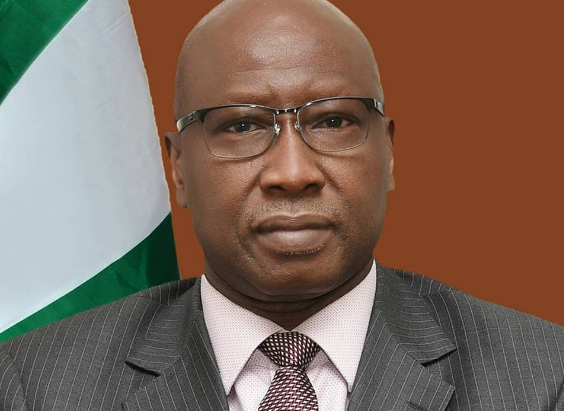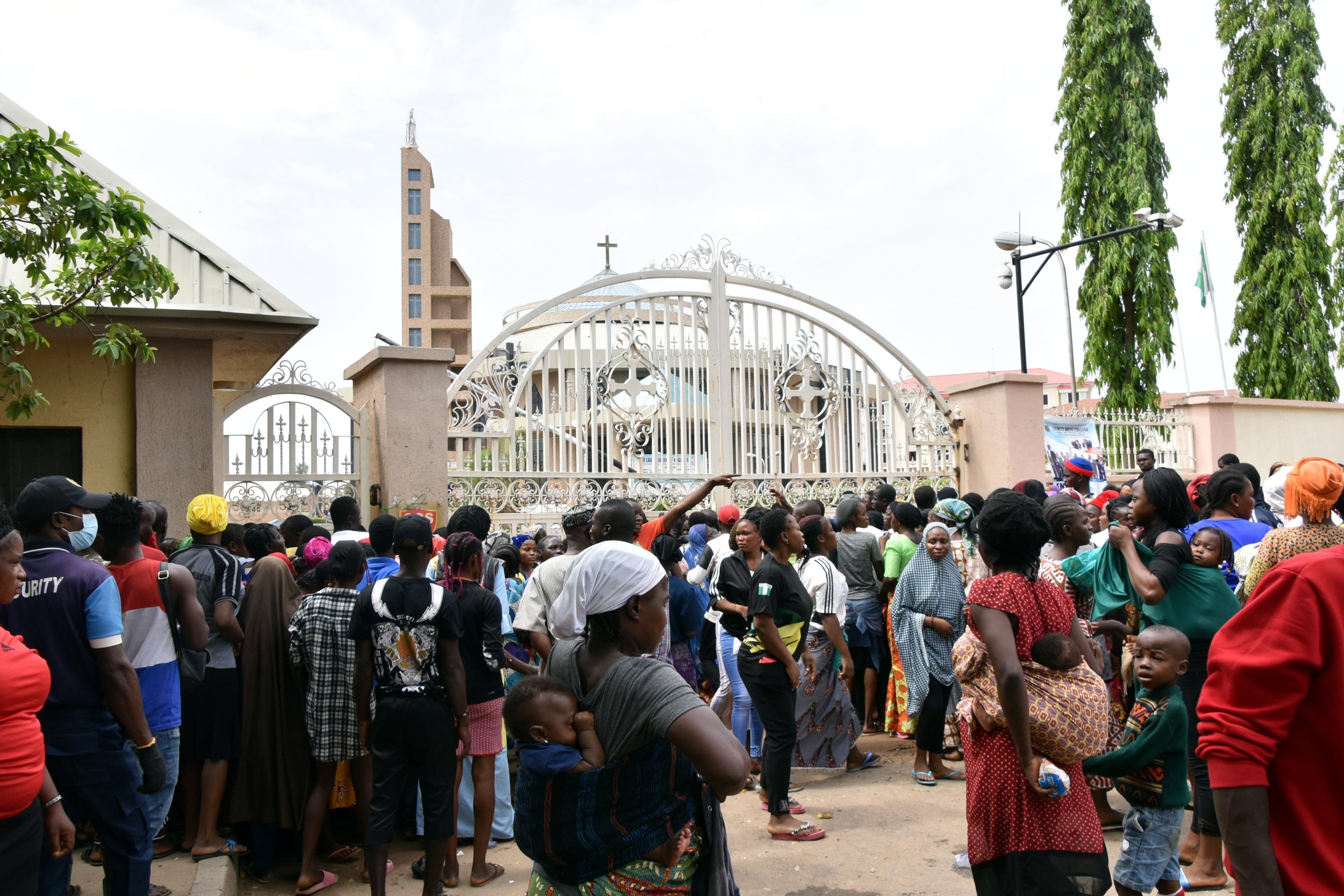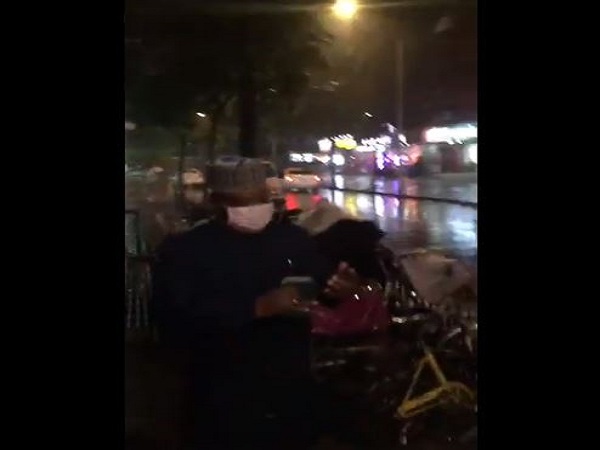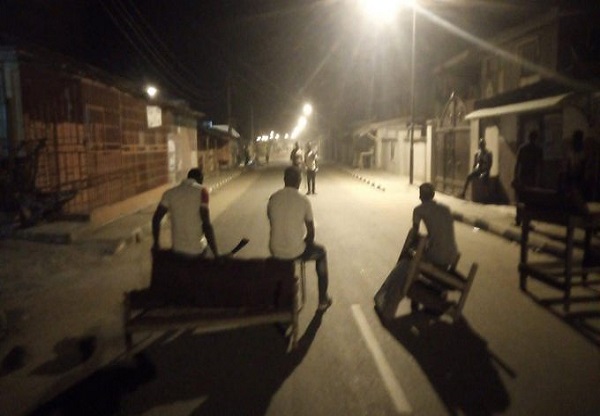Boss Mustapha, secretary to the government of the federation (SGF), says Yola, capital of Adamawa “is my home”, and he is just on a journey in Abuja.
He made the remark while clarifying his comment on the state of healthcare in the country.
On Thursday, the SGF said he never knew the country’s healthcare system was in a very bad state until the coronavirus pandemic.
Mustapha, who is the chairman of the presidential task force on COVID-19, backtracked on Friday, saying he is aware of the deplorable state of healthcare in the country.
Advertisement
“I must clarify that I am aware and has indeed been a champion for the reform and transformation of the health care system. However, this PTF assignment has afforded me the opportunity to dig deeper, interrogate and x-ray the system better,” he said.
“So, for anyone to think that I didn’t know the level of deplorable state of our healthcare systems, is a complete misrepresentation.
“For the benefit of those who do not know me well, I come from rural Nigeria. I was born in a college almost 64 years ago that didn’t even have a hospital, it had small missionary dispensary probably with one midwife, no birth certificate was offered.
Advertisement
“So I don’t even have birth certificate, I have declaration of age. A lot of you sitting here are privileged to have been born in a better and more equipped medical facilities. So from birth I know the state of our medical, healthcare, I am not a foreigner.
“My statement was totally taken out of context because that was not the reflection of what I said. But having to serve in this committee gave me a further insight into what is happening.
“I wanted to give this explanation so that most of you will not think I am an ajebota, no. I was born a rural Nigerian, I grew up in rural Nigeria, I went to school in rural Nigeria and I still live in rural Nigeria.
“Yola is my home, I’m just on a journey here in Abuja. At the end of my work or whatever I am doing here, I will return home which is rural Nigeria and I am going to live with the facilities in rural Nigeria.”
Advertisement
Add a comment







